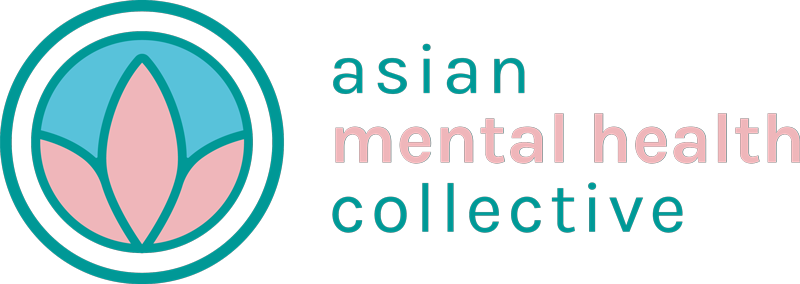Progress is rarely linear, and managing mental health is no exception. But even with this knowledge, it’s hard not to get discouraged when life throws you a curveball or you slip into bad habits that you’ve worked so hard to kick. I’ve had a lot of stops and starts in my life: sometimes, I’m a paragon of productivity and responsibility; other times, I struggle to get out of bed and do basic things to take care of myself. It’s been five years since my first mental health diagnosis, and I still don’t really know what I’m doing when it comes to managing it. That uncertainty has given me many things: fear, self-loathing, confusion, but, most surprisingly, peace. That peace isn’t constant, nor is it always comforting, but over time, I’ve become more comfortable with my own fallibility and the ups and downs of life. By sharing my story, I hope others can see how it’s okay to stumble and royally screw up in your mental health journey. Recovery isn’t about never making mistakes, but about learning from and being kind to yourself when you make them.
In 2015, I was hospitalized, diagnosed with depression and anxiety, and forced to take a hard look at myself and my mental health. Up to this point, I had not acknowledged my mental health, chalking my lethargy to laziness and my negativity to academic burnout. Leading up to my hospitalization, I’d been coming to grips with several things: my parents’ divorce, my codependent friendships, my conflicted feelings over my faith, and my growing awareness of my family’s long history with mental illness. It was incredibly eye-opening and empowering to put a name to my experiences – my feelings of sadness and hopelessness weren’t just signs of something being broken or wrong with me, but were a mental illness that I could learn to manage and heal from. I would be lying if I said this was the last or lowest moment of my mental health, but it was the first time I made the active decision to get help. Victories are victories, no matter how small, and despite the ups and downs in my mental health journey since then, I still look back at this moment and feel proud at how far I’ve come.
That being said, I still have a lot of struggles surrounding my mental health. One of the biggest challenges that I keep returning to is the idea of identity. As debilitating as my depression can sometimes be, it’s very tempting to feel like it defines me. Or in other words, that it makes me unique, and without it, I would be lost. Depression has shaped my values and worldview so much that it’s hard to imagine the person I would be without it. In times of recovery, I catch myself missing feeling sad or hopeless. I catch myself wanting to self-sabotage just because it feels right and familiar to go back to a place of suffering. I feel scared that I’m going to lose who I am if I recover from my mental illnesses. What I find the most insidious thing about depression and anxiety is not that they try to devalue you, but that they villainize change.
I used to describe myself by saying, “I am depressed,” or “I am anxious.” But I’ve changed that to “I have depression” or “I have anxiety.” It’s a small change, but it comes from a major personal realization I had about romanticizing my mental illness: I just have depression, depression isn’t me. Depression can shape who I am, but it doesn’t own who I am. And by managing my depression, I won’t lose a part of myself, but will just grow and evolve into a person who, at the end of the day, is still Camille.
I believe that the future is bright for discussions around mental health. Within the past five years, I’ve seen a massive change in how people address such issues, and I don’t see the same stigmas of mental illness being mental “weakness” thrown around as much as they used to. While access to healthcare will continue to be an ongoing challenge for the U.S., I think that compassionate awareness of mental health will only continue to grow in the coming years.

